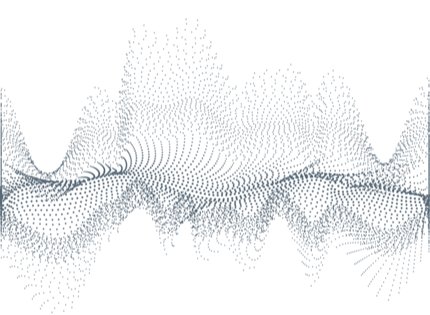Research Groups
Job opportunities
There are currently no job offers in this section.


Over the past decade, blockchains have come to the fore as tools for coordinating entities with very different and possibly competing interests that benefit from working together. Current blockchain systems maintain a reliable storage of data, organised as a fully ordered sequence of transactions, and only provide eventual consistency to access it. However, we believe there are many alternatives to explore beyond this usual service. In one dimension, the total order between transactions imposed by the ledger is useful, but at the cost of having to solve distributed consensus, which limits scalability. Some applications may not need the transactions to be fully ordered, and could coordinate with weaker order guarantees such as no order, DAG orders, or barriers (setchains). In another dimension, applications may want a stronger level of consistency than eventual consistency, such as linearizability, sequential consistency, or causal consistency.
In this project, we intend to enrich the distributed ledger ecosystem with several alternative types of reliable distributed storage objects that allow data records to be stored and read. Reliable distributed storage objects will be Byzantine fault tolerant and provide persistent and immutable storage. The quality of service (or type) of a reliable distributed object will be defined by the two dimensions presented above: order and consistency guarantees. This will allow applications that need to coordinate to share records with the appropriate level of order guarantees and the desired type of consistency.
The practical interest of these objects will be illustrated by three practical application scenarios that require the implementation of computing and networked services: (a) coordination of electricity producers and consumers, (b) coordination of platoons of autonomous vehicles using edge computing, and (c) construction of machine learning models for assisted driving using federated learning.
Project PID2022-140560OB-I00 funded by:

There are currently no job offers in this section.